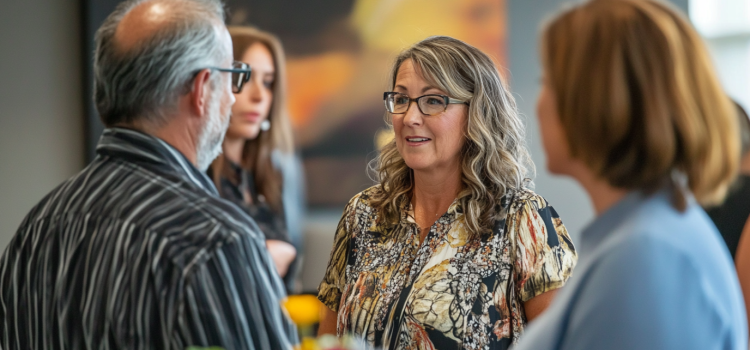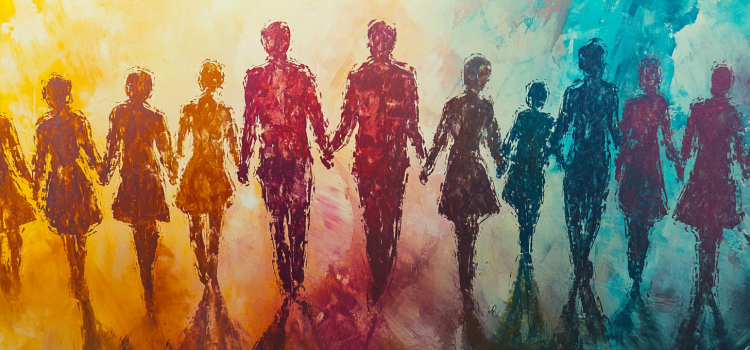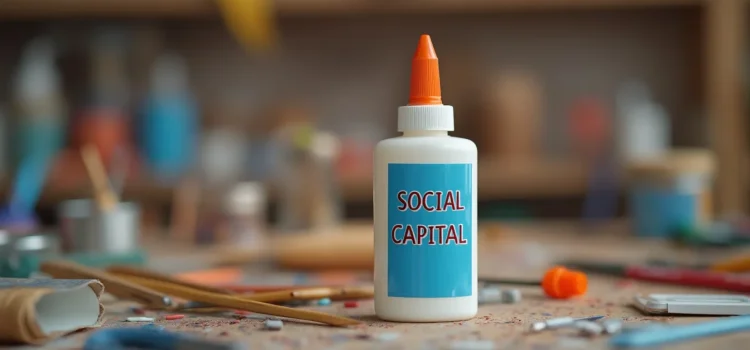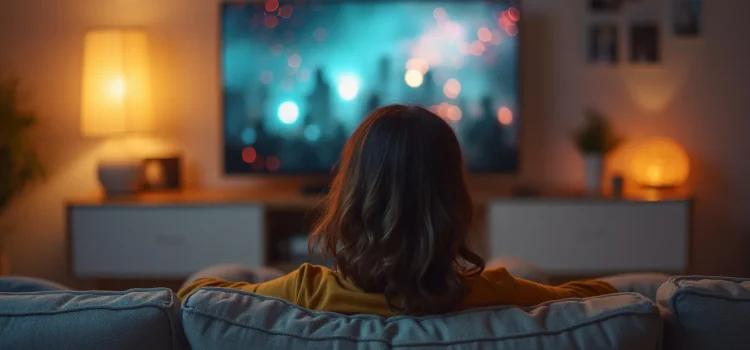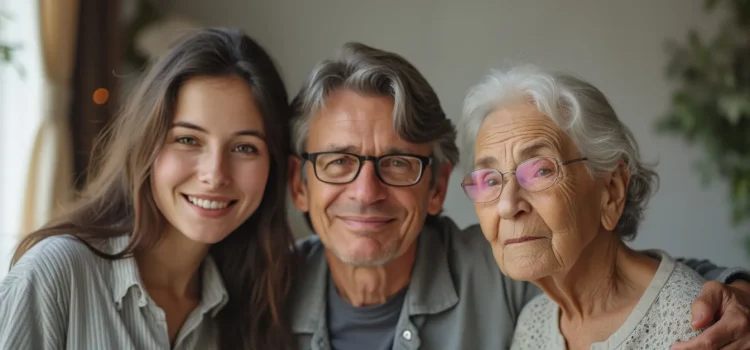Do you struggle to maintain mental focus? What actions can you take to resist the attention economy? In The Sirens’ Call, MSNBC host Chris Hayes demystifies the mechanics of an economy built to commandeer your attention. He reveals how our attention has become a commodity seized and controlled by media platforms and advertisers for their profit. Continue reading for an overview of the book, along with insights on how to regain control of your mental life.
The Sirens’ Call by Chris Hayes—Book Overview & Takeaways




